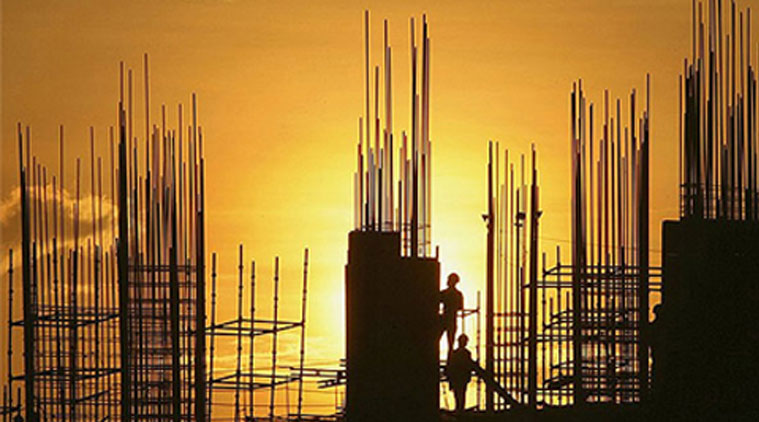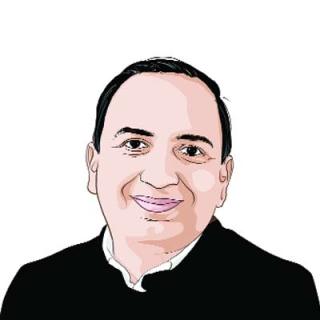The state in contention
As global circumstances change, the role of the state will have to come again into contention. The nature of this debate will be very different from 1991, even though our intellectual habits are still framed by that episode.

India’s transformation since the 1991 reforms has been significant. The nature and scale of those reforms has been fiercely debated. The intellectual focus of that debate was largely on globalisation, deregulation and, as an afterthought, spending the gains of growth on health and education, something we did very poorly. Growth rates in the region of 8 per cent, declining poverty, give this story a political plausibility, even as it was unevenly implemented. But as exuberant hopes for the Indian economy fade, all political parties struggle to find a new economic paradigm.
As global circumstances change, the role of the state will have to come again into contention. The nature of this debate will be very different from 1991, even though our intellectual habits are still framed by that episode. Some of the trends outlined below are already underway. But their centrality in our intellectual lives will need to be recognised. As a provocation, here are some theses on where the debate over the Indian state will go.
One, the conditions of political legitimacy will require more, not less, taxation. India was hobbled by memories of extortionate taxation pre 1991; and the number of direct taxpayers has not expanded rapidly enough. This, combined with a rhetoric of competitiveness, and generalised distrust of the state, created a reflex move against taxation. Many will argue that India is not an outlier in terms of tax GDP ratio at its level of development. But there is no question that this ratio has to go up considerably if India has to meet the goals of macro stability, social investment, enhancing state capacity and political legitimacy. Indian elites have to understand that.
Two, the project of building an inclusive society will have to involve the creation of a much more ambitious income support architecture. Whether this takes the form of UBI (universal basic income) or not can be debated. The current agriculture crisis has brought home the fact that even on the most optimistic growth projections, India will not create enough jobs that provide wages for a life of even minimal dignity. It is a pipe dream to think that without ambitious income support a minimally inclusive or even politically legitimate society will be created.

No hay comentarios:
Publicar un comentario